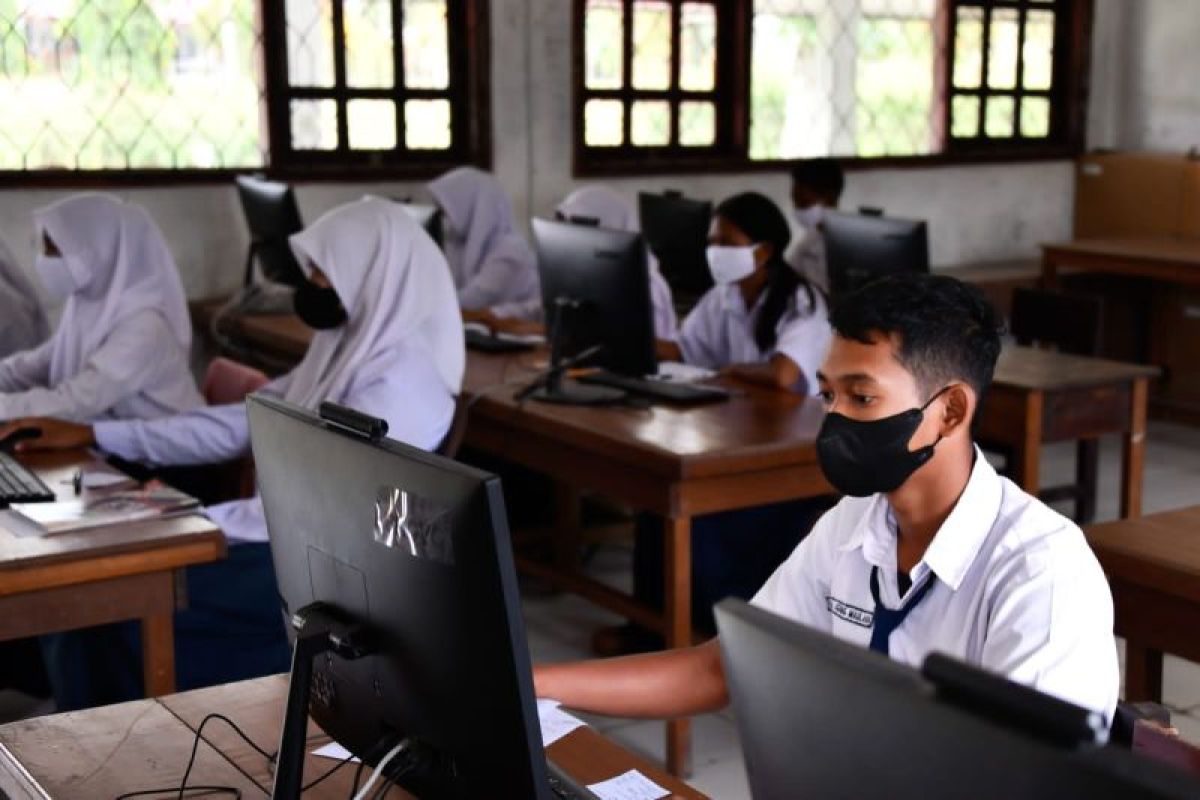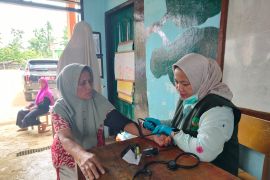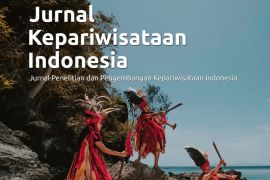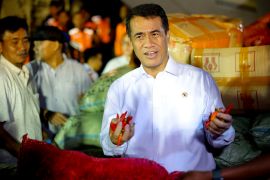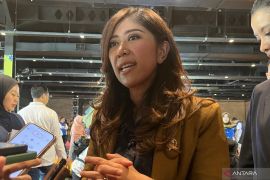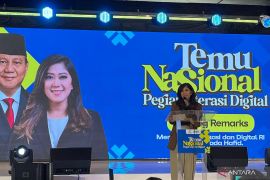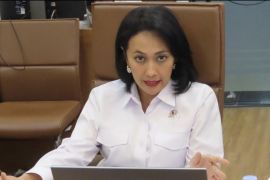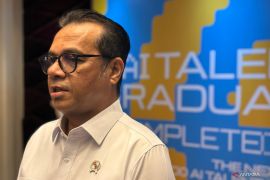"Through the National Assessment, we do not only measure but can also improve the quality of education in all educational units," head of the ministry's Educational Standards, Curriculum, and Assessment Agency (BSKAP), Anindito Aditomo, noted in a written statement on Friday.
In October, the ministry will conduct a National Assessment for Elementary School level. The National Assessment consists of three instruments: the Minimum Competency Assessment, the Learning Environment Survey, and the Character Survey.
Aditomo explained that the National Assessment is designed for the transformation of national education in a better direction.
National Assessment is an evaluation program aimed at improving the quality of education by examining the input, process, and output of learning at all educational units.
The assessment is not designed to replace the National Examination and National Standard School Examination but marks a shift in the paradigm of evaluating the quality of education.
Related news: National assessment vital for mapping learning loss amid pandemic
He further explained that there would be no rankings from the assessment. He noted that results of the assessment are expected to be used by schools to evaluate themselves and plan education quality improvement efforts.
Results of the National Assessment will later be returned to schools and local governments through the Education Report platform that will facilitate self-evaluation and relevant follow-up planning for each educational unit.
In its implementation, there are no scores for students, teachers, and school principals. Scores are only for schools to encourage reflection and evaluation.
"We hope the 2023 National Assessment can run smoothly, so that it can give maximal results for the improvement of education quality in Indonesia," he remarked.
In the same statement, an education policy observer and professor at the Indonesian Education University (UPI), Cecep Darmawan, stated that the assessment results would be useful as a basis for the government and educational institutions in formulating education policies for the following year.
The results of the assessment will also require teachers, school principals, and education offices to be more innovative to optimize learning in the classroom.
Related news: Education Report Card 2.0 to support data-based planning: minister
Related news: Independent Learning breakthroughs to improve education quality: govt
Translator: Anita Permata, Raka Adji
Editor: Yuni Arisandy Sinaga
Copyright © ANTARA 2023
